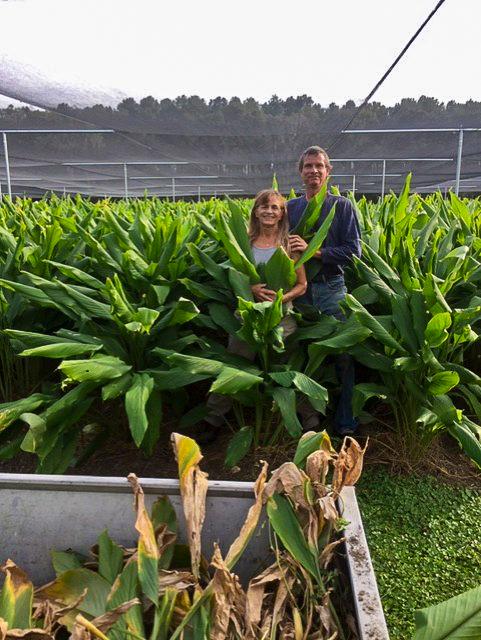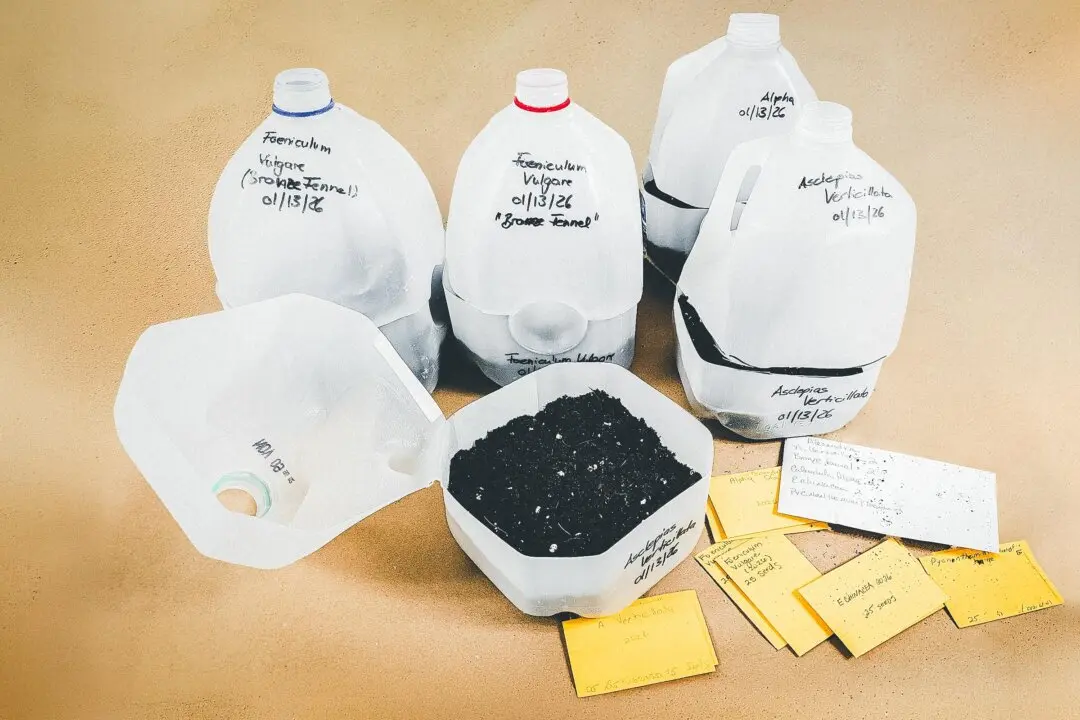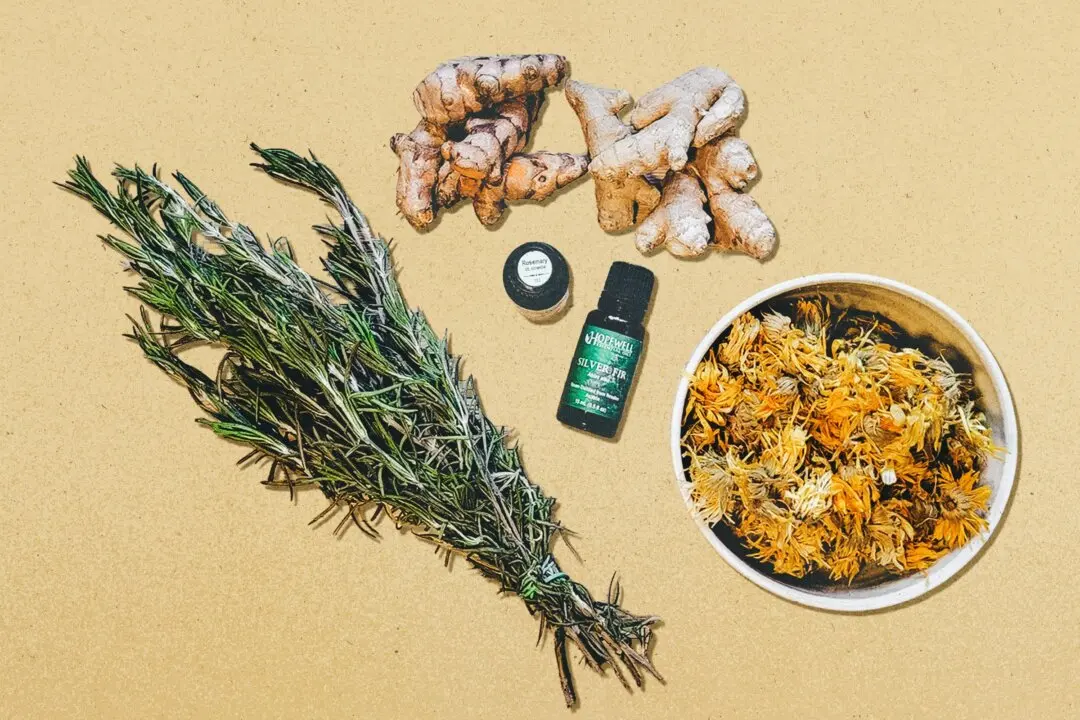A Wisconsin-based organic industry watchdog group warns that United States Department of Agriculture (USDA) rules are leaving American farmers at a major disadvantage compared to imported foods that can claim organic status with less oversight and fewer requirements.
The group has requested the U.S. Inspector General conduct a formal investigation into correct implementations of organic food regulations.






